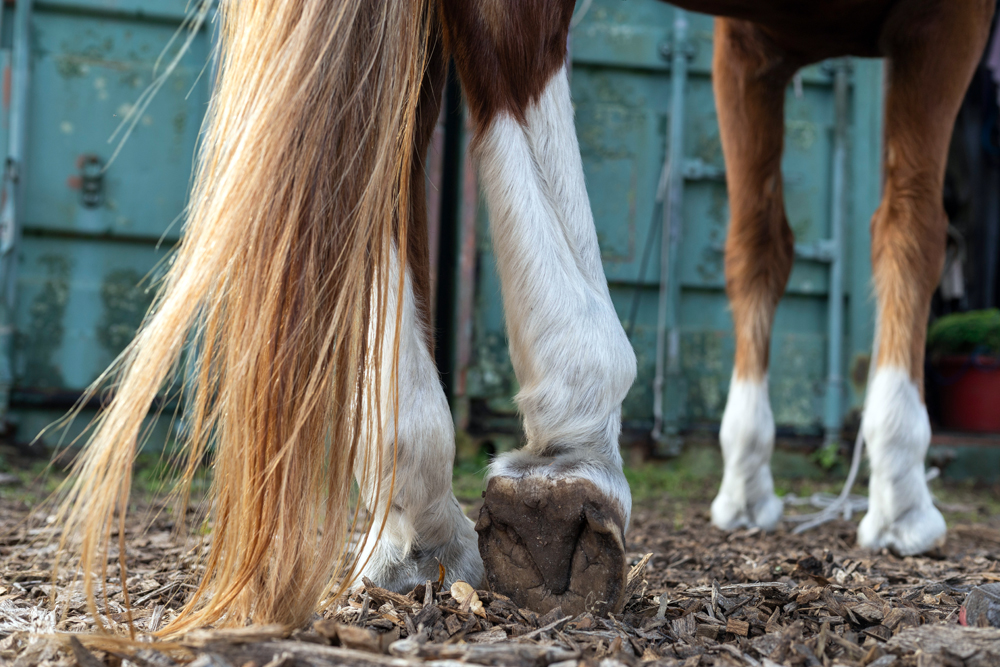Choosing the Right Veterinarian for Your Horse

Selecting the best veterinarian for your horse is crucial for ensuring your equine companion’s health and well-being. This guide will help you understand the key factors to consider, how to evaluate potential vets, and what questions to ask.
Why Choosing the Right Veterinarian Matters

A knowledgeable and trustworthy veterinarian can make a significant difference in your horse’s health outcomes. They provide preventive care, diagnose illnesses, perform treatments, and offer emergency services. The right vet builds a relationship with you and your horse, understanding their unique needs.
Key Factors to Consider
| Factor | Description |
|---|---|
| Experience | Look for vets with extensive experience in equine medicine and specific conditions. |
| Credentials | Verify their qualifications, certifications, and memberships in professional organizations. |
| Services Offered | Ensure they provide the services your horse requires, such as dentistry, surgery, or reproduction. |
| Availability | Consider their availability for emergencies and routine visits. |
| Communication Skills | Choose a vet who communicates clearly and listens to your concerns. |
How to Evaluate Potential Veterinarians
- Ask for Recommendations: Consult other horse owners, trainers, or local equestrian centers.
- Check Reviews and References: Look for online reviews or ask the vet for references.
- Visit the Clinic: Assess the cleanliness, equipment, and staff professionalism.
- Discuss Fees and Payment Options: Understand their pricing structure and insurance compatibility.
Questions to Ask Your Veterinarian
- What is your experience with horses similar to mine?
- How do you handle emergencies?
- Can you provide a detailed treatment plan?
- What preventive care do you recommend?
- How do you stay updated with the latest veterinary practices?
Frequently Asked Questions (FAQ)
Q: How often should my horse see a vet?
A: Routine check-ups are recommended at least twice a year, but frequency may increase based on your horse’s health.
Q: What should I do in a veterinary emergency?
A: Contact your vet immediately and follow their instructions. Keep emergency numbers handy.
Q: Can a vet help with horse nutrition?
A: Yes, many equine vets provide nutritional advice tailored to your horse’s needs.
Summary
Choosing the right veterinarian involves careful consideration of experience, services, and communication. Building a strong partnership with your vet ensures your horse receives the best care possible.
Would you like me to help improve the tone or add more detailed case studies?
